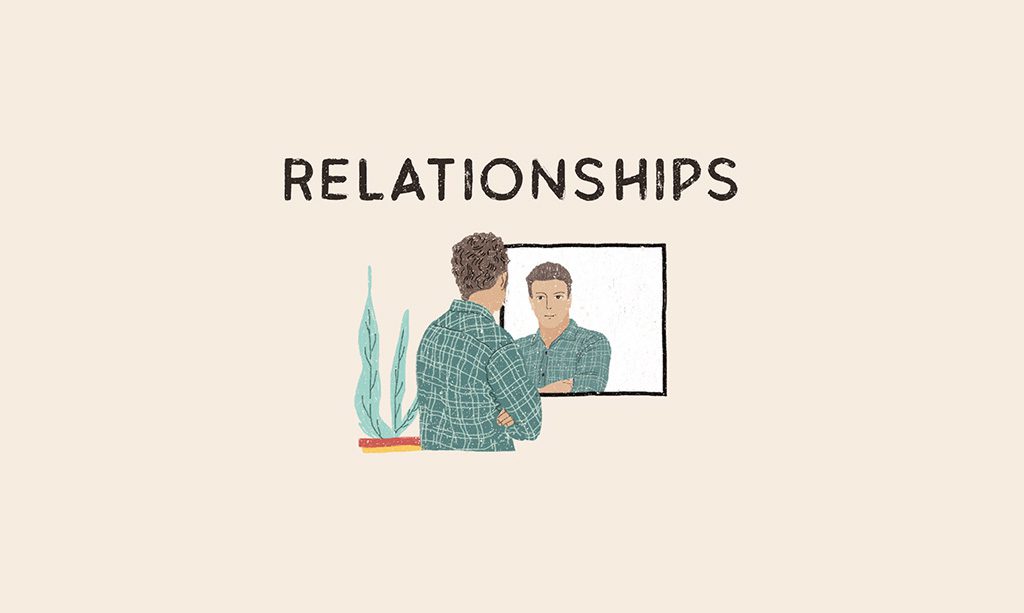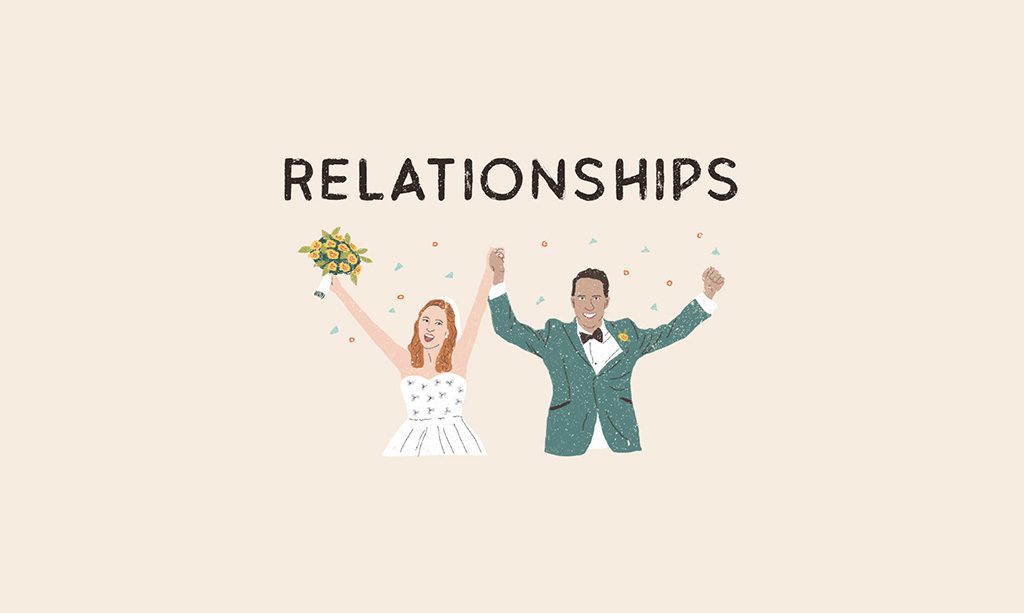What Should I Be Looking for in Dating?
Written by Karen Pimpo, USA
What does a godly dating relationship look like? While the Bible has a lot of wisdom and guidance for God-honoring marriages, it doesn’t provide step-by-step instructions for how to achieve one. Sometimes this can leave us feeling frustrated and abandoned—but our God has promised never to leave us (Deuteronomy 31:6). He is a patient teacher, and He has a good plan for you and me, regardless of our relationship status.
I’ll be the first to admit that my track record with relationships isn’t stellar—I’m currently single, and I’ve experienced my share of heartache. But even though my failed relationships were painful at the time, looking back, I can see how God was and is still using each one to grow me into maturity.
Here’s a series of lessons I’ve learned that have helped me more clearly define the characteristics of a godly relationship. May each one encourage and challenge you, whether you’re currently in a relationship or not.
1. A Godly Relationship Is Clear About Its Purpose
How do you know you’re in a relationship? That’s not a trick question! Sometimes it’s genuinely hard to tell! Are you just casually dating, or seriously and prayerfully considering whether this person is “marriage material”?
Dating should be fun and exciting, but it also represents a holy purpose and a potential covenant union. The last half of Ephesians 5 is full of imagery of the global church as the bride of Christ. Jesus’ sacrificial love should be the blueprint for our dating and marriage relationships, and that love does not take commitment lightly (Ephesians 5:21-33).
One of my most painful relationships was due almost entirely to its lack of clarity. A young man and I were slowly meandering from “really good friends” to something more concrete, but the process seemed to be taking forever. I was so eager to move forward, and he seemed to be dragging his feet. At the time, I was frustrated, but too afraid to invite a clear conversation.
One day I was venting this frustration to my mom. I was shocked when she gently suggested that perhaps he wasn’t ready to date with the same intentionality. I felt hurt by her words and refused to talk to him about it. As a result, the relationship staggered on a few more months before ending with a messy mutual parting.
In this instance, our lack of definition was crippling and ended up prolonging the pain of this relationship. Out of respect for yourself and the other person, don’t take a dating commitment lightly or assume you’re on the same page. Invite a clear, open conversation about where you are at and what your purpose is.
2. A Godly Relationship Heeds the Wisdom of Others
When you’re getting to know someone you’re interested in, you’re usually pretty oblivious to everything else. I know how that feels! It’s such an exciting time, and if you’re anything like me, it’s easy to skip ahead and start imagining a future together. But doing so is like racing through this new relationship with horse blinders on—everything that is peripheral is blocked out. One of the most valuable things you can do, especially in a newer relationship, is to seek out the godly counsel of people who are older, wiser, and who love you very much.
For me, this is first and foremost my parents. They’re generally good judges of character, but more importantly, they know my character intimately. For you, this may look like an older sibling, aunt or uncle, or a mentor from church. I can’t stress enough the importance of having a loving, mature believer give their honest opinion of your current or potential relationship.
One of my own blind date experiences from college ended after a few meetings, one of which occurred while my parents were visiting in town. I invited Mr. Blind Date to ice cream with my parents just for fun, and the evening was more than a little awkward. Weeks later, when we had clearly broken things off, my mom remarked, “Oh yes, I could tell right away he wasn’t a good fit for you.” Her comment surprised me, and I immediately regretted not asking her sooner. Her perspective was much clearer than mine at the time, as a mom’s usually is.
So, search for wisdom. What do those people who love you the most think is healthy and unhealthy about the relationship? Where would they caution you? Where would they encourage you? Proverbs 15:31 (NLT) says, “If you listen to constructive criticism, you will be at home among the wise.” And in my case, you can avoid a lot of relationship pain!
3. A Godly Relationship Invites Hard Conversations
It started right before summer. I was suddenly seeing this guy in our group of friends a lot more often. He was funny, charming, and kind. We started texting just as the school year was ending, and we parted ways with the promise to keep in touch. I was flattered by his attention and enjoyed keeping up with him, but secretly my feelings were mostly of friendship, not romance.
We kept up the conversation for weeks, and he even drove all the way out to my parents’ home to visit. Afterwards, I felt mostly guilt and confusion. He was a wonderful person, but I didn’t want to be more than friends. There were a few more weeks of summer left, and I agonized over what to do. Should I wait to say anything until we were both back on campus? Begin to text him less often? Ignore my feelings and carry on as normal?
In the end, I knew silence on my part would be leading him on. Although it would have been much better to converse in person, the distance made it impossible. I drafted an it’s-not-you-it’s-me message and sent it off. Immediately, my heart felt a million times lighter. I regretted any hurt I had caused him, but I knew that opening this tough conversation was the right thing to do. He responded graciously and had a few questions for me, but in the end, I felt the resolution was peaceful.
Looking back, I only wish I had brought up this tough conversation earlier. And maybe I should have made the drive to have it in person! A hard conversation doesn’t need to be about ending the relationship; it can be anything that’s causing you anxiety. A hard conversation is probably something you’re tempted to discuss with other people instead of with your significant other. The voice of Proverbs again reminds us to choose truth, honesty, and wisdom (Proverbs 19:1, 8, 9, 22). Even for difficult conversations, truth spoken in love always wins.
Each of these lessons represents a time in my life that was unpleasant to walk through. They were slightly awkward, slightly exciting, slightly terrifying seasons of my life. That pretty much defines dating, right?
The good news is, God is with us through it all, and He can use every season and every relationship for His glory. So clarify your dating purpose, ask for wisdom from those around you, and don’t be afraid of difficult conversations.
There’s a million other lessons to be learned about what godly relationships look like—but I’ll leave a few for you to figure out!












Thanks for sharing!